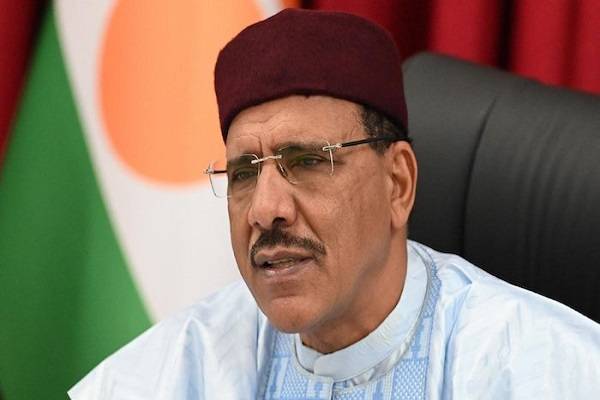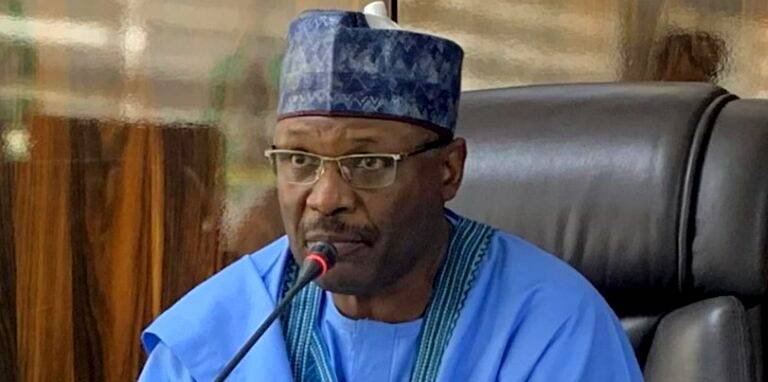Human rights activist Comrade Osho to honour distinguished personalities at book launch
Prominent human rights activist, Comrade Mashood Lanrey Osho, is set to honour several distinguished personalities at the launch of his new book, The Voice of Change: A Call for Transparency and Accountability – Lessons from Nigeria’s August Protests.
The event is scheduled for December 29 at the KCDI Secretariat, Flower Garden GRA, Ilorin, Kwara State. The book explores Nigeria’s history of protests, offering practical solutions to the nation’s challenges, and emphasizing the need for transparency and accountability in governance.
Among the awardees are Inspector-General of Police Kayode Egbetokun, Mallam Lanre Issa-Onilu, Professor Ali Ahmed, Comrade Issa Aremu (mni), and Barrister Iyiola Oyedepo Akogun. These individuals will also serve as guest speakers at the event.
Comrade Osho expressed his gratitude to the dignitaries, stating that the awards are a gesture of appreciation for their valuable contributions to national discourse, particularly on issues affecting Kwara State and Nigeria at large.
Other recipients include Honorable Mashood Mustapha, Alhaji Hakeem Oladimeji Lawal, Engineer Sunday Babalola, Professor Yusuf Olaolu Ali, Associate Professor Abdulateef Alagbonsi, Dr. Lanre Shittu, Quantity Surveyor Muyideen Okunlola Kayode (MOK), Alhaji Olayinka Onikigipa, Barrister Abdulkareem Alabi, Alhaji Muftau Akanbi Oke, Honorable Yinka Aluko, Ambassador Ibrahim Tajudeen Olesin, Mallam Hussain Babareke, Chief Tunde Bakare, and Fatima Bintu Dikko.
Comrade Osho emphasised that these individuals are being recognised for their efforts in promoting literacy and supporting youth development in Kwara State.
He called on the people of Kwara State to attend the event and support his cause.
According to him, the book provides crucial insights into Nigeria’s challenges, offering actionable recommendations for state governors, security agencies, and the president on building trust with citizens and managing protests effectively without resorting to conflict.
He concluded that the solutions presented in this book aim to foster better governance and stronger relationships between leaders and the people.


![[Op-ed] Osinbajo’s proposal: NYSC orientation course is beyond ‘the camping’](https://theinformant247.com/wp-content/uploads/2020/06/NYSC-corpers1.jpg)



